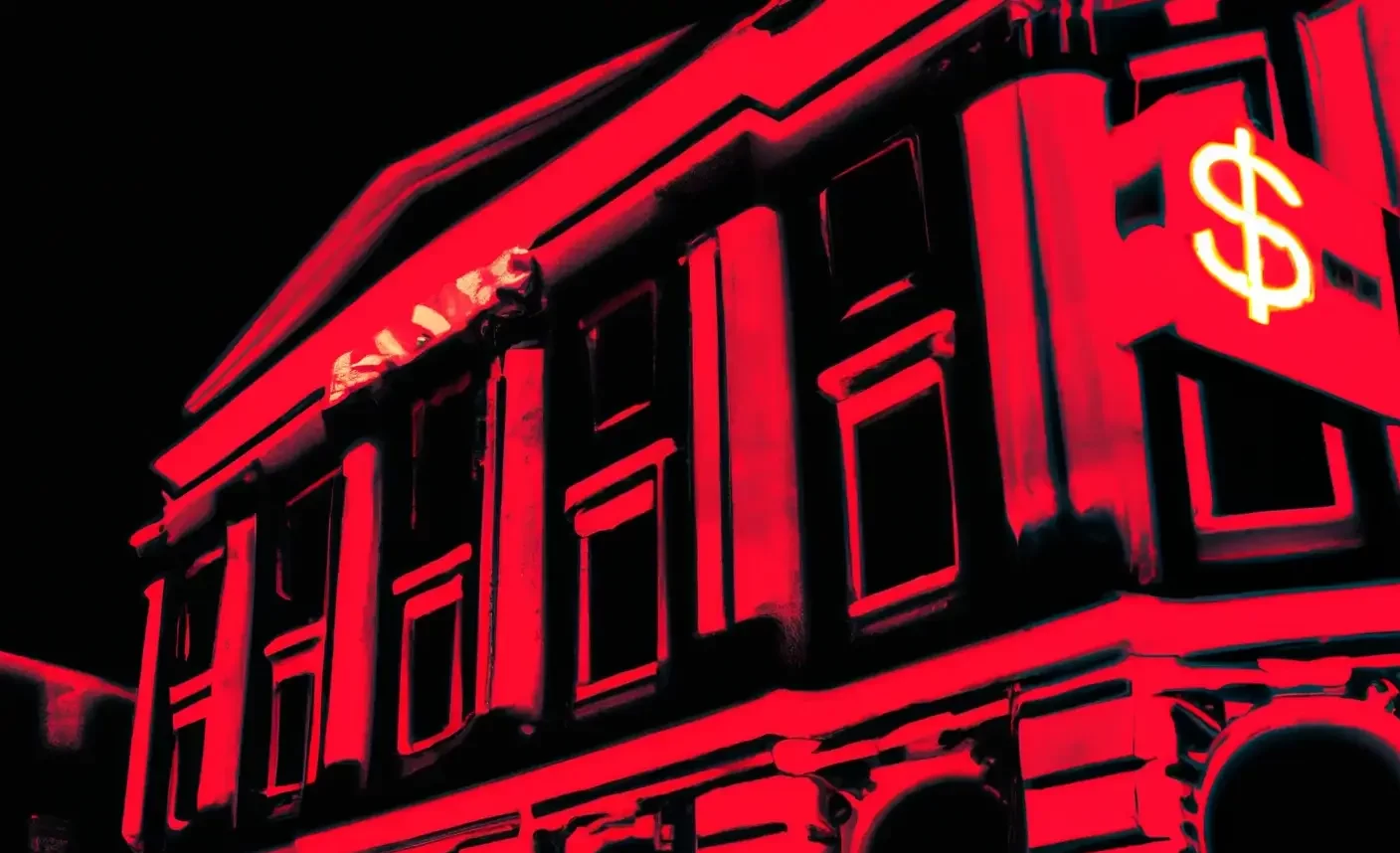US Banks Can Officially Engage in Crypto Activities Without Prior Approval
08.03.2025 21:00 1 min. read Alexander Stefanov
The Office of the Comptroller of the Currency (OCC), the U.S. regulator responsible for overseeing national banks, has announced that U.S. banks can now engage in specific crypto-related activities without prior approval.
Banks are now permitted to store digital assets, engage in stablecoin transactions, and serve as validators of Proof-of-Stake blockchains.
This marks a change from Biden-era policies that required banks to seek regulatory permission before engaging in crypto. Acting Comptroller Rodney Hood stressed that while banks have more freedom, they must maintain strict controls over risk management, similar to traditional banking activities.
The crypto industry welcomed the news. Nick Carter called it “the biggest news of the day” and Alexander Grivobiavi “Goodbye, Operation Choke POint 2.0”. The announcement coincided with a crypto summit at the White House following President Trump’s executive order to create a strategic reserve for Bitcoin.
However, Caitlin Long, founder of Custodia Bank, warned that the regulatory battle is not over until the Federal Reserve and FDIC rescind their anti-crypto guidelines and Custodia secures a master Fed account.
This decision marks an important step towards integrating cryptocurrencies into the US banking system.
-
1
Crypto Market Outlook Strengthens as U.S. Economic Clouds Begin to Clear
14.06.2025 8:00 2 min. read -
2
Tencent Denies Reports of Nexon Acquisition Talks
15.06.2025 17:00 1 min. read -
3
JPMorgan Warns of Oil Slump to $58 as Global Alliances Unravel
12.06.2025 20:00 2 min. read -
4
Tether Makes a Golden Move: Snaps Up One-Third Stake in Elemental Altus
14.06.2025 9:00 1 min. read -
5
Metaplanet Surpasses Coinbase with 10,000 Bitcoin in Treasury
17.06.2025 6:30 1 min. read
BlackRock’s Bitcoin ETF Now Out-Earning Its $624B S&P 500 Fund
BlackRock’s spot Bitcoin exchange-traded fund (ETF), known by its ticker IBIT, has surpassed the firm’s flagship S&P 500 ETF in annual revenue, according to a new report from Bloomberg.
SEC Chairman With Important Comments on Regulation, Crypto, and Trading
U.S. Securities and Exchange Commission (SEC) Chairman Paul Atkins has emphasized the agency’s continued focus on investor protection, addressing insider trading, market manipulation, and the evolving landscape of cryptocurrency regulation.
Ripple Has Applied for a National Banking License
Ripple has officially applied for a national bank charter from the U.S. Office of the Comptroller of the Currency (OCC), aiming to establish a new regulatory benchmark for trust in the stablecoin market.
Arizona Governor Vetoes Bill, Related to State Crypto Reserve Fund: Here Is Why
Arizona Governor Katie Hobbs has officially vetoed House Bill 2324, a legislative proposal that aimed to create a state-managed reserve fund for holding seized cryptocurrency assets.
-
1
Crypto Market Outlook Strengthens as U.S. Economic Clouds Begin to Clear
14.06.2025 8:00 2 min. read -
2
Tencent Denies Reports of Nexon Acquisition Talks
15.06.2025 17:00 1 min. read -
3
JPMorgan Warns of Oil Slump to $58 as Global Alliances Unravel
12.06.2025 20:00 2 min. read -
4
Tether Makes a Golden Move: Snaps Up One-Third Stake in Elemental Altus
14.06.2025 9:00 1 min. read -
5
Metaplanet Surpasses Coinbase with 10,000 Bitcoin in Treasury
17.06.2025 6:30 1 min. read


